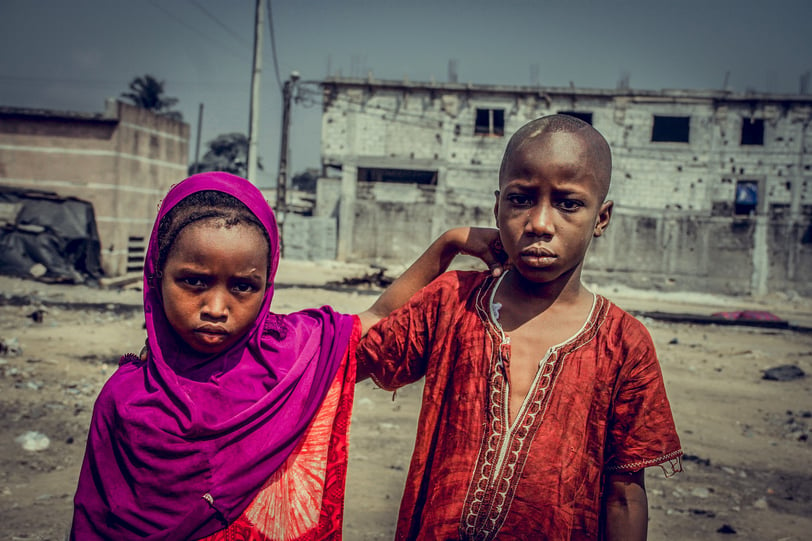Boko Haram Once Again in the News
What's going on in Nigeria?
OUR WORLD


Violence appears to be flaring once again in parts of Nigeria, and we hear "Boko Haram" once again mentioned in the news. What's going on?
A reminder of who they are
Boko Haram, are a jihadist extremist group, founded in northeastern Nigeria in 2002, initially operating as a peaceful religious movement, advocating for the imposition of Sharia law. However, over time, their ideology became increasingly radicalised, emphasising the rejection of Western education and culture. Since 2009, they have fought an insurgency clashing with the Nigerian Armed Forces.
One of Boko Haram's most notorious acts was the abduction of more than 270 schoolgirls from the town of Chibok in 2014. The incident sparked international outrage and brought attention to the group's brutal tactics.
In 2015, Boko Haram pledged allegiance to ISIS. While both groups share similar extremist ideologies and tactics, the extent of their operational coordination remains debatable.
Although, the Nigerian Armed Forces with international support have largely been successful in their operations against the group, Boko Haram have demonstrated resilience and continued carrying out regular attacks which have spilled over into neighbouring countries.
The split
More recently, Boko Haram divided into two splinter groups who have begun inflicting more damage upon each other than their battles with government forces.
The groups are known as Islamic State West Africa Province (ISWAP) and Jama'tu Ahlis Sunna Lidda’awati wal-Jihad (JAS), who consider themselves more aligned with the original Boko Haram and are regarded as the more militant of the two.
Dominance has switched back and forth between the two groups over the last couple of years, and the Nigerian Armed Forces continue to engage with both groups while trying to support humanitarian aid services for civilians caught in the crossfire. The International Displacement Monitoring Centre (IDMC) estimates 1.9 million people have been displaced in north-eastern Nigeria due to the conflict.
The consequences
As always, the poor seem to be the ones largely suffering in times of war and the people living around Lake Chad in the north east of Nigeria continue to bear both the collateral damage of the infighting and find themselves direct targets from either group who continually require resources and recruits. Estimates of the death toll vary wildly, a 2021 study conducted by the UN estimated the number killed as a result of Boko Haram activity in the region to be around 350 thousand, the vast majority being children.
While the world's attention is justifiably drawn to the ongoing conflicts in the Middle East and Ukraine, we must all remember that the suffering of innocents, is not exclusive to those in the media.
The fighting continues.
